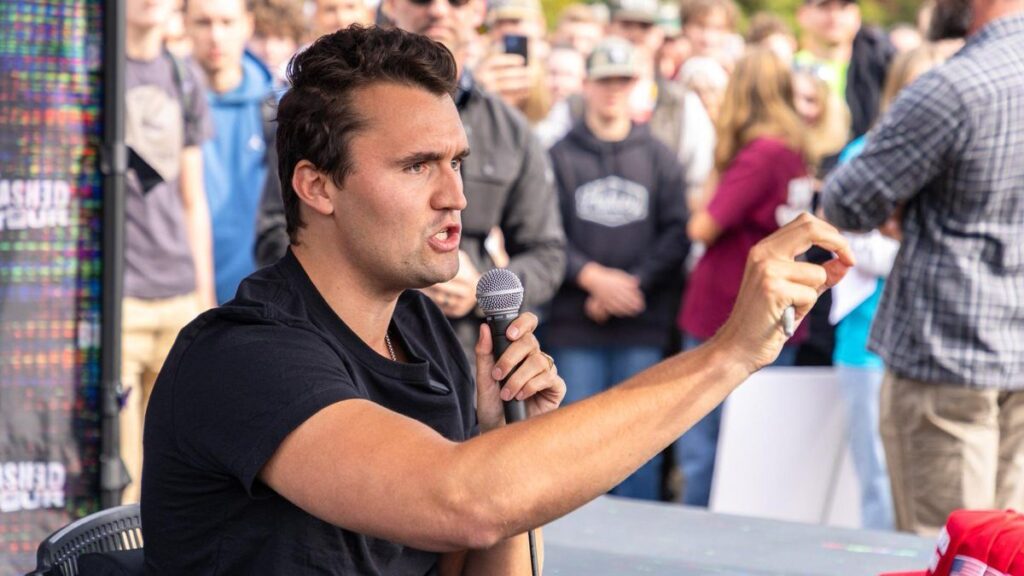The man accused of killing conservative activist Charlie Kirk surrendered to authorities after expressing deep fears that police might kill him if he resisted arrest. Tyler Robinson, 22, turned himself in alongside his parents at the Washington County Sheriff’s office, one day after the high-profile shooting that shook the nation.
Robinson appeared subdued and quiet as he walked into the sheriff’s office. He requested a peaceful surrender to avoid a dramatic confrontation at either his apartment or family home. Authorities later revealed that Robinson knew capture was inevitable and chose to cooperate rather than risk being hunted down.
Prosecutors have charged Robinson with capital murder and announced their intent to seek the death penalty. Court documents indicate that DNA evidence and text messages tie him directly to the killing. In one exchange, Robinson admitted to his partner that he was responsible for the shooting and directed them to a note hidden under a keyboard. The message described his intent to assassinate Kirk, stating: “I had the opportunity to take out Charlie Kirk, and I’m going to take it.”
Investigators continue to examine whether anyone else knew about the plan or offered assistance. Robinson’s partner, who is transgender, received the incriminating texts but did not immediately alert authorities. This has raised questions about how much others may have known beforehand.
The shooting occurred at Utah Valley University, where Kirk was addressing students. The attack left the campus community shaken, with memorial sites and counseling services set up for returning students. Many described a somber mood as they resumed classes.
Authorities are also reviewing campus security measures to determine how Robinson was able to carry out the assassination despite the high-profile nature of the event.
While a clear motive has not been publicly confirmed, text messages suggest Robinson was angered by Kirk’s outspoken views on LGBTQ+ issues, particularly transgender rights. His parents told investigators that he had become increasingly political in the past year, aligning more strongly with progressive and pro-transgender positions.
Robinson reportedly expressed suicidal thoughts after the shooting, telling his parents he wished to end his life. He also detailed attempts to retrieve his rifle from a hidden drop point after the attack, though security measures prevented him from doing so.
The case has heightened tensions in an already divided political climate, raising fresh debates on political extremism, online radicalization, and campus safety.

